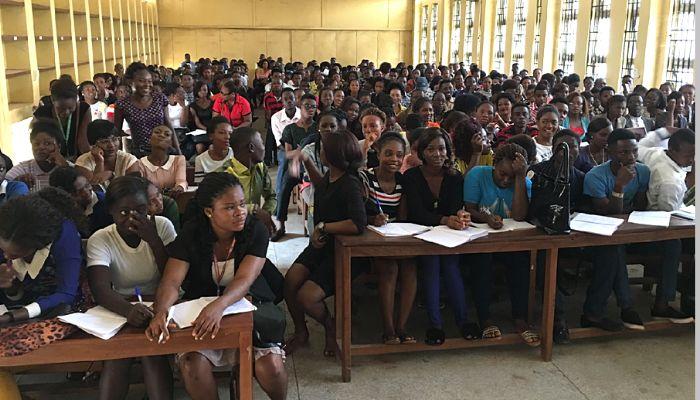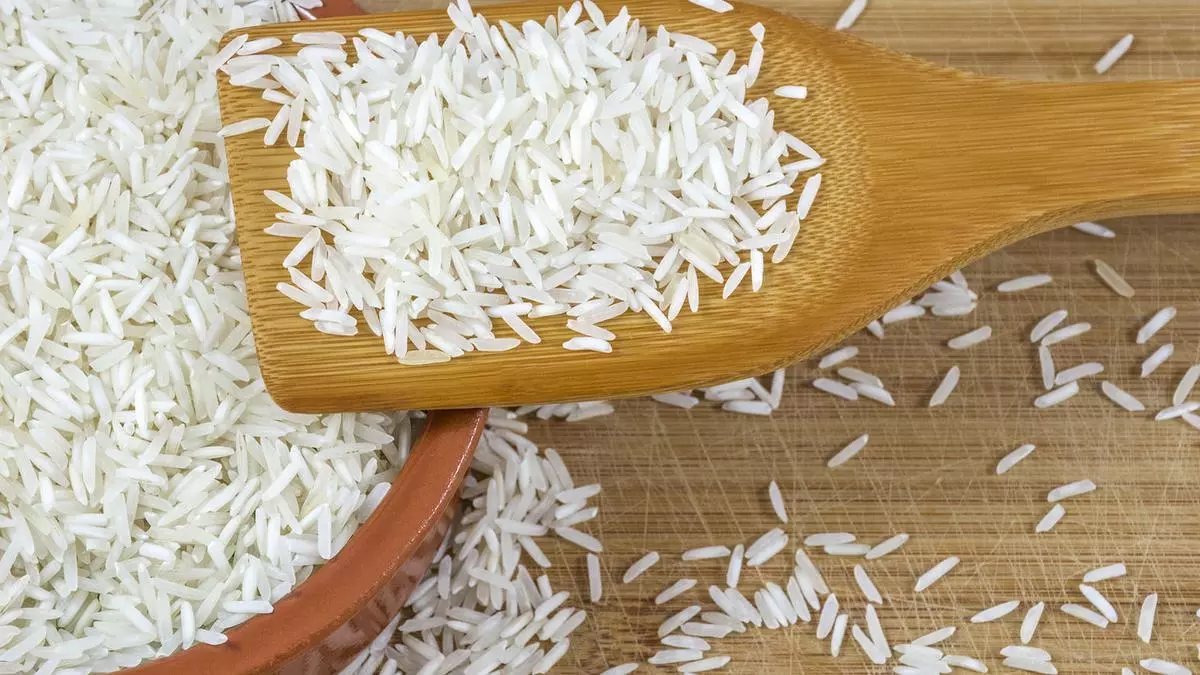Okezue Bell is a young entrepreneur, inventor, and researcher whose work is reshaping the landscape of technology and finance.
At just 16 years old, he has already made a significant impact with two major projects: WeArm, a low-cost prosthetic arm, and Fidutam, a decentralised banking platform aimed at supporting low-income and underbanked communities.
Early inspirations and entrepreneurial beginnings
Unlike many entrepreneurs, Okezue did not start his journey with a clear business mindset. He never had the typical childhood experience of running lemonade stands or selling products. Instead, his passion for problem-solving emerged naturally. Whether it was finding better ways to ensure pencils didn’t break or encouraging others to recycle, Okezue’s interest in making things work better and more efficiently was evident from an early age.
His first real exposure to entrepreneurship came in 9th grade when he competed in DECA, a business competition. There, he and a friend started a graphic design business focused on offering inclusive and ethnic design elements at a lower cost. Although they didn’t make it to the international stage initially, the experience helped Okezue understand the foundations of entrepreneurship, such as projecting financials, validating solutions, and comparing products against existing alternatives. This early experience set the stage for his later success.
Read also: Meet 10 of the biggest tech experts in Nigeria
WeArm: A revolutionary prosthetic arm
At the age of 17, Okezue developed WeArm, an innovative, low-cost prosthetic arm aimed at improving the lives of amputees. WeArm uses artificial intelligence and custom 3D-printed parts to offer users full, humanlike range of motion. The device is controlled by the user’s brain muscle signals, empowering amputees and individuals with mobility challenges to perform everyday tasks, including playing musical instruments such as guitars, pianos, and drums with remarkable dexterity.
WeArm has won international recognition, including the prestigious BioGENEius Grand Prize and over $80,000 in support. The project is a testament to Okezue’s ingenuity and his drive to solve real-world problems through technology. His commitment to making life better for others, especially those with disabilities, is clear through this groundbreaking innovation.
Fidutam: A decentralised banking solution
Okezue’s next major venture, Fidutam, was born out of his desire to address the systemic issues in the banking system, particularly for low-income, underbanked, and unbanked individuals. Inspired by the challenges faced by his immigrant friends in setting up financial systems for their families, Okezue recognised the potential to make banking more accessible and equitable for marginalised communities. Fidutam seeks to create a decentralised banking infrastructure that eliminates barriers to entry and allows everyone, regardless of their background, to access financial services.
The company has already had a profound impact, with over 10,500 people benefiting from its services. Fidutam won first place at the International Career Development Conference (ICDC) and has received over $50,000 in awards. The platform operates through a unique decentralised autonomous organisation (DAO) where crypto donations fund user accounts and the platform’s operations. This innovative approach reflects Okezue’s commitment to creating a financial ecosystem that prioritises fairness and accessibility.
Research and academic pursuits
In addition to his entrepreneurial ventures, Okezue is deeply involved in neuroscience research. He works at both Harvard Medical School and the MIT Media Lab, contributing to advancements in neurology. His research is further supported by his selection as one of only 81 students globally to receive the RSI Scholar designation from MIT, one of the most prestigious research honours for high school students.
Okezue’s academic success extends to his excellence in signal processing, which earned him recognition from Ken Ono and the Spirit of Ramanujan Mathematics Award. His achievements at the International Science and Engineering Fair (ISEF) further cement his reputation as a young leader in the fields of neuroscience, computer science, and mathematics.
Values and principles: Integrity, results, and patience
Okezue’s personal values and principles are a driving force behind both his academic and entrepreneurial success. He strongly believes in the importance of integrity, results, and patience. These values shape not only his work ethic but also the way he leads and collaborates with others. He is committed to creating a positive and inclusive environment, where ideas are shared freely, and new perspectives are welcomed.
He believes in the importance of collaboration, especially within his teams. At Fidutam, Okezue fosters a dynamic and supportive atmosphere where all members contribute their thoughts and ideas without fear of criticism. This collaborative spirit is key to the company’s ability to innovate and evolve.
Overcoming challenges and embracing failure
Okezue’s entrepreneurial journey has not been without its challenges. One of the key lessons he has learned is that pivoting is often necessary. Fidutam, for example, originally focused on financial cybersecurity but later shifted to a financial equity model. This pivot was crucial to the company’s success but was also one of the scariest decisions Okezue had to make.
Despite the challenges, Okezue views failure not as an obstacle, but as an opportunity to grow. He believes in the power of persistence, and his advice to other young entrepreneurs is simple: “Take a chance, talk to people, be confident, and find something you’re passionate about, and the rest will fall into line.”
Okezue’s vision for the future is ambitious. He hopes to impact one billion people through his work with Fidutam, his research, and other projects. His ultimate goal is to leave a positive mark on the world, particularly by solving pressing social issues such as racial and economic inequality. His desire is to not only create new and innovative technologies but also to use his success to give back to others and build a better future for disadvantaged communities.







Leave a Comment